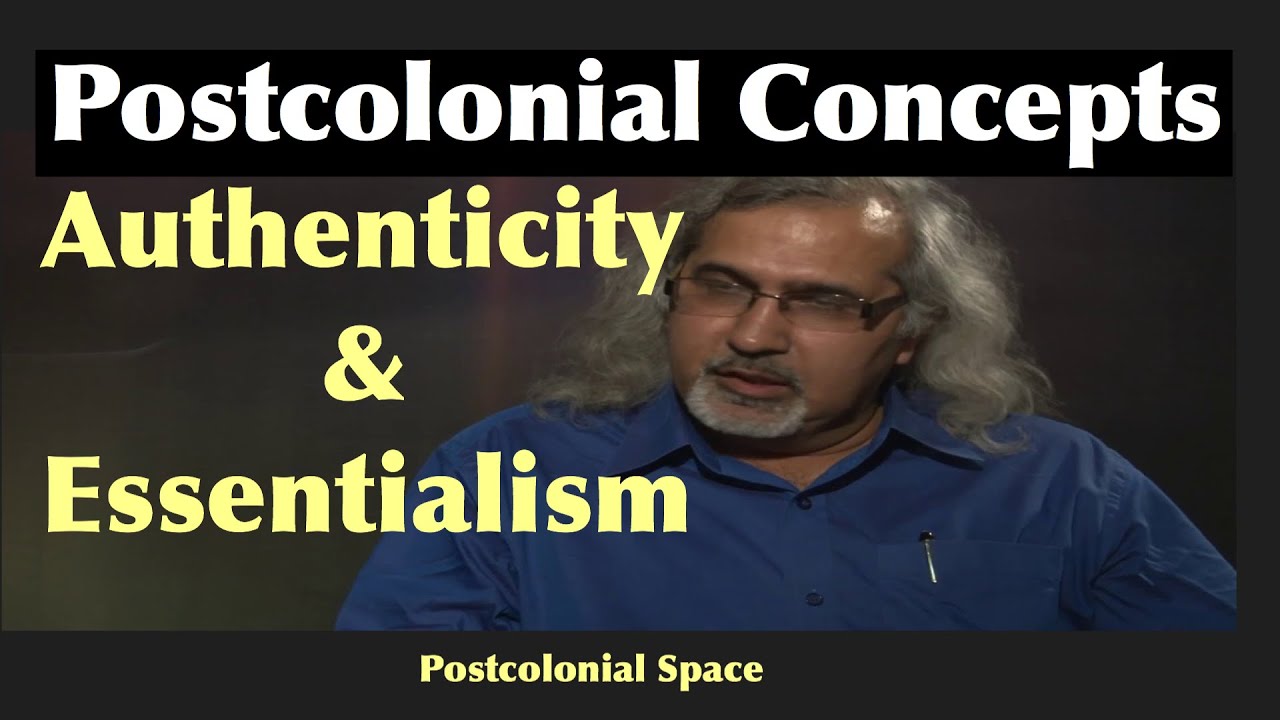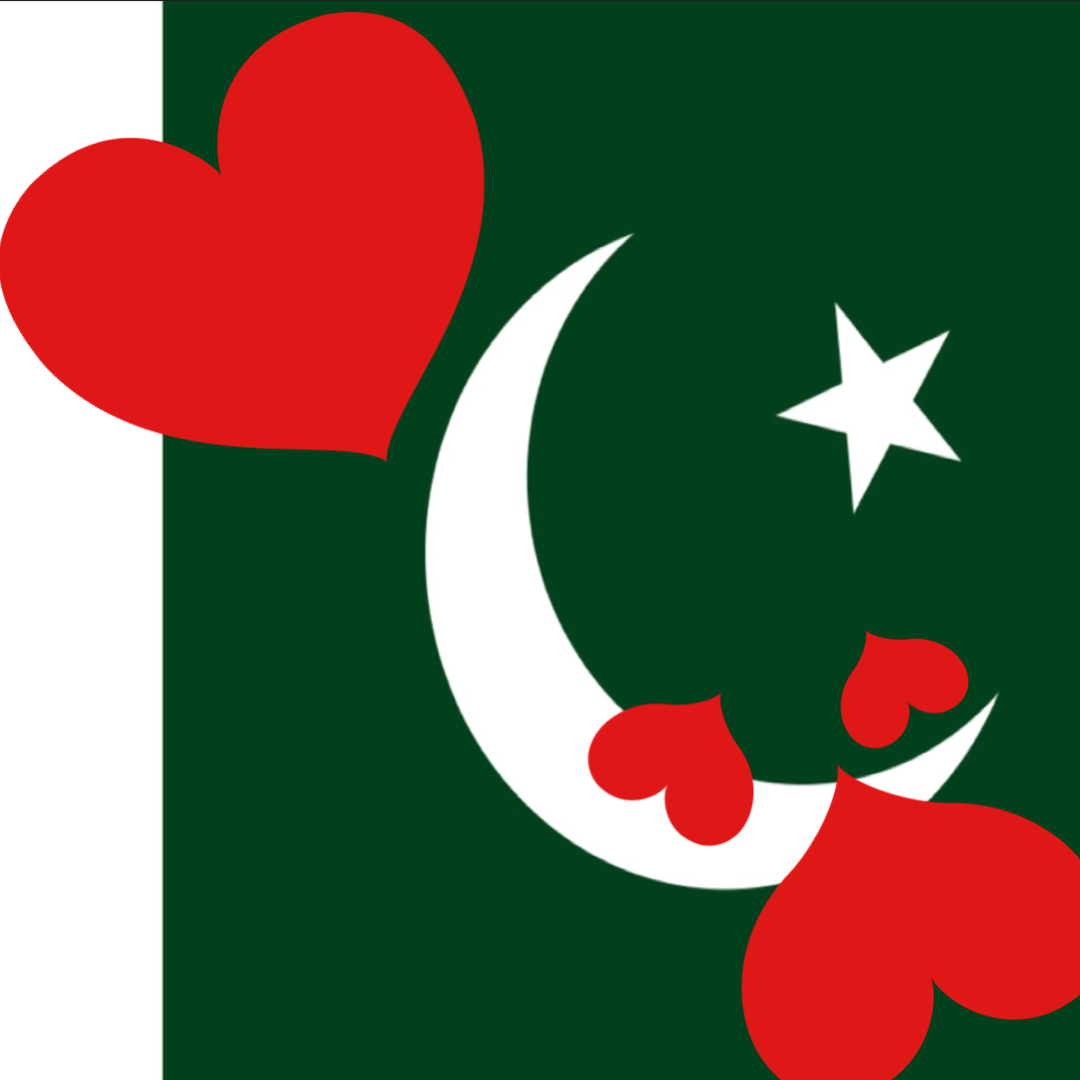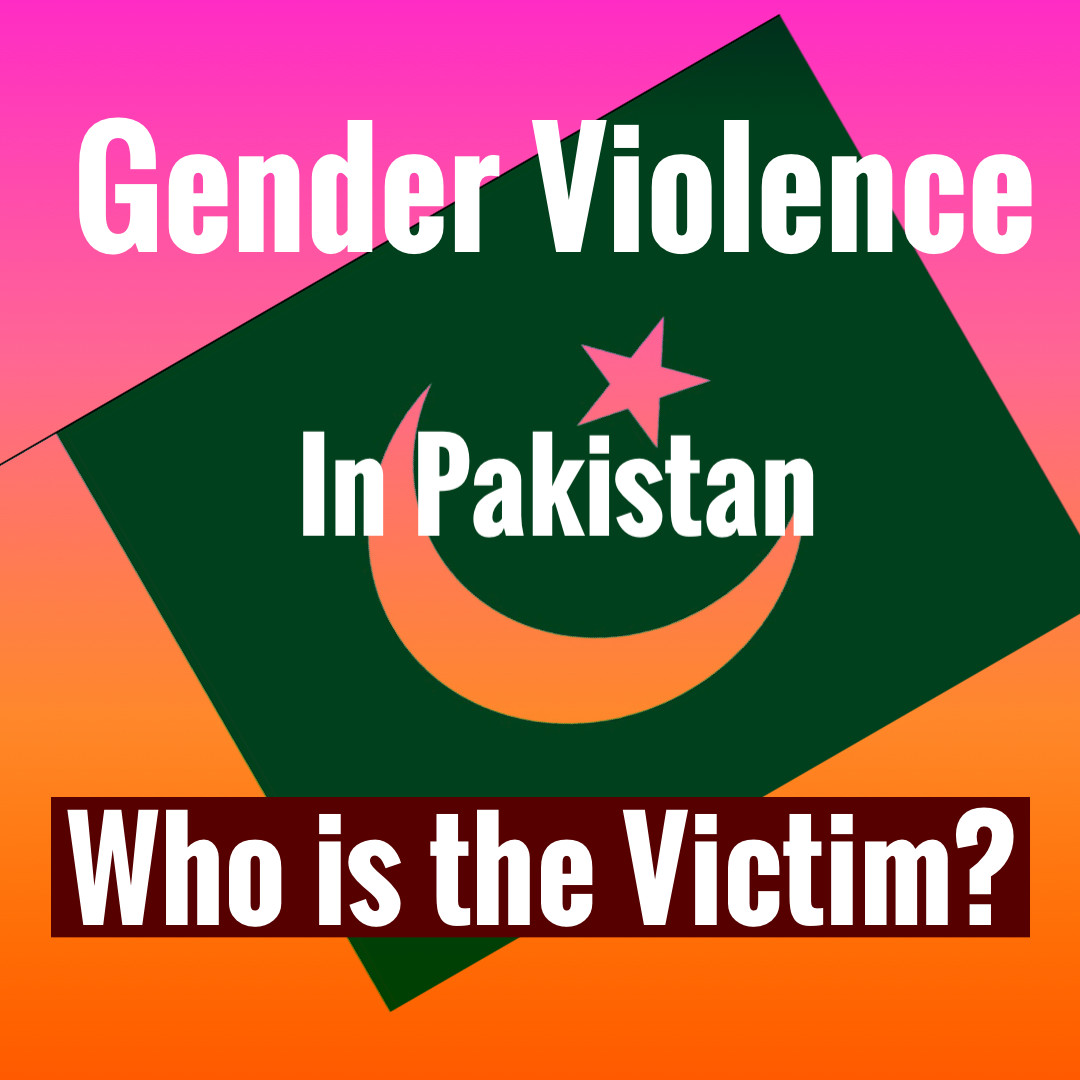I have noticed that I am always at a loss when someone asks me: What do you mean by postcolonialism? The answer, invariably always, involves a convoluted explanation of Postcolonialism as a field of study. After I tell someone, especially anyone outside the academia, that I teach postcolonial literature, I always anticipate follow-up questions:
- What is postcolonial literature?
- What is postcolonial theory concerned with?
- What is the difference between colonialism and postcolonialism?
Over the years, I have practiced and rehearsed several responses to the question, all probably inadequate.
My usual answer: I teach literature produced by people from the former European colonies and then, fearing that my answer is not specific enough, I also add the phrase: literature from former European colonies in Africa, Asia, and the Caribbean. Of course, this leads to further reflection, for now you also have to account for literature produced by the diasporic authors from these regions.
Thus, in a sense, the question “What is postcolonial studies,” might have a simple answer at first, but as I reflect longer on it, the answer keeps getting complicated and becomes increasingly complex. Of course, my views of postcolonial studies are shaped and informed by the works of several theorists and practitioners of postcolonial studies who all have their regional, philosophical, and disciplinary preferences. As a scholar, thus, my views of my own field are not just my own but rather constituted by people I have read and whose works I have either taught or used in my own research.
Defining Postcolonialism
Personally, I prefer Robert Young’s wonderfully articulated definition of postcolonialism:
At its simplest level, the postcolonial is simply the product of human, experience, but human experience of the kind that has not typically been registered or represented at any institutional level. More particularly, it is the result of different cultural and national origins, the ways in which the colour of your skin or your place and circumstance of birth define the kind of life, privileged and pleasurable, or oppressed and exploited, that you will have in this world. Postcolonialism’s concerns are centred on geographic zones of intensity that have remained largely invisible, but which prompt or involve questions of history, ethnicity, complex cultural identities and questions of representation, of refugees, emigration and immigration, of poverty and wealth–but also, importantly, the energy, vibrancy and creative cultural dynamics that emerge in very positive ways from such demanding circumstances. Postcolonialism offers a language of and for those who have no place, who seem not to belong, of those whose knowledges and histories are not allowed to count. It is above all this preoccupation with the oppressed, with the subaltern classes, with minorities in any society, with the concerns of those who live or come from elsewhere, that constitutes the basis of postcolonial politics and remains the core that generates its continuing power. (Robert Young)
So, if we unpack this passage, we could construe that postcolonialism has some of the following defining attributes:
- It is about human experience that has traditionally been either silenced or marginalized by dominant groups or discourses.
- It is about how one’s national origin and race define one’s place and value in the eyes of the dominant groups/ nations.
- It is also about those geographic areas that have traditionally been under the direct or indirect control of dominant world powers.
- It is also about the resistances offered by these groups and the challenges posed by them to the dominant groups in the realm of representation.
- It focuses on the plight of the oppressed and recovers silenced subaltern voices.
In other words, postcolonialism is a field of study that might focus on the experience of colonization, but is not necessarily;y a catalogue of victimhood. It rather challenges the assumptions formed and circulated by the colonizers and offers native responses and native resistance to past and current colonial imperatives. It, however, is also a field of study which is not afraid of borrowing western knowledge and to bend it to its own use. It also focuses on hybrid knowledges and distrusts all postures of cultural or racial purity. Thus, while blind following of the Western order is neither encouraged nor proposed, blatant nativism is also not acceptable.
Impact of Postcolonialism on other fields of study
Furthermore, postcolonial studies also focuses on the internal colonialisms within the postcolonial nation-states including, but not limited to, the plight of minorities, tribal groups, and women.
By far postcolonialism is never really read as a temporal marker: the post in postcolonialism does not imply that all forms of colonialism and imperialism have ended. Postcolonialism, therefore, is an imperfect designation for a complex field of study. In fact, Robert Young had proposed a more useful term, tricontinentalism, that included Africa, Asia, and the Latin Americas, but it never caught on. It is, however, safe to assume that studying world literature with an eye on how the native authors represent their cultures, mostly in colonial languages, and how do they challenge the pre-established prejudices and cultural biases against their cultures is an important concern of postcolonial literature.
Postcolonial studies is no longer restricted to only literary studies. It has by now impacted some of the following disciplines and fields of study:
- Archeology
- Sociology
- Anthropology
- Political Science
- History
- Philosophy
- Cultural Studies
- British and American Literary studies
- Feminism
- Marxism
Diversity of Postcolonial Studies
Within postcolonial studies there are various emphasis and methodologies: some scholars are marxists, while others are culturalists and poststructuralists. But no matter what their philosophical method, the questions mostly always focus on the plight of the formerly colonized, their struggles, triumphs, histories, and their stories all retrieved and articulated to complicate the simplistic imperial and colonial narratives about the inhabitants of the global periphery.
There are also those who study the impact of neoliberal economics on postcolonial communities or indigenous communities within the postcolonial nation-states. These scholars, thus, rely on a thorough knowledge of Marx, Marxism, and macro economics and neoliberal economic model to understand the nature of exploitation still functional within the global economic order.
These are some of the ways in which I think of postcolonialism, but I am sure there are many other ways to imagine and practice it! Either way, the best postcolonial literature should have any or all of the features discussed above and let us not forget that we do live in the postcolonial era and postcolonial criticism and a theory is relevant in so many different fields of human knowledge.
Please feel free to share your ideas in the comments below.




hello! Thanks for this informative article concerning Postcolonialism. I highly like to know the exact name of the book from which the passage was taken. I already searched for it, yet my attempts were in vain. I could not find it anywhere. Anyhow, I found a PDF file on the net that includes the above-mentioned passage, but it has no title . I had also searched for the passage in a book entitled; POstcolonialism: an historical introduction, yet, again, with no avail. Please, could you possibly provide me with the the book’s accurate title ? Thank you in advance.
Thank you. It is one of his articles. You will find it if you just did a search with his name and “What is Postcolonialism?”
Dear Masood Sir, Thank you for simplifying each and every topic you take up. Whenever I get stuck in understanding any literary topic related to theory, I look up to your blogs and videos on Postcolonial Space to see what you have to say about it to get an explanation. You always make things easier to understand! Thanks once again.
Thank you!
How can I cite this article “What is Postcolonial Studies” in MLA format?
Thank you Dr. Masood Raja for sharing your ideas in this article!
Thank you. I would suggest looking at MLA handbook.
Hello,
what is the name of the book you quoted, written by Robert Young?
Thank you for your reply!
It is entitled Postcolonialism: An Introduction
Thanks a lot sir for this insightful views. I regularly watch your videos on postcolonialism and the definition by Robert Young you quoted here is an apt definition of postcolonialism as it comprises all the major issues the post colonial studies deal with
Thank you!
Hello! I would like to know, what is the name of the book that you quoted written by Robert Young.
Thank you!
Thanks a lot for simple introduction to Postcolonialism.
Postcolonialism: An Historical Introduction
I watched your insightful lecture on postcolonialism. It was really fruitful. Could you please post a lecture on Homi K Bhabha?
Thank you. Bhabha is hard even for me. I will do that only after I feel I am ready to do justice to his work.
Please could you give me the year and the book you wrote the post colonialism definition
Which book are you referring to? If it is Robert Young’s book, the link to it is in the article.
[…] Please also read my article on this subject: What is Postcolonial Studies? […]
Thank you very much Sir for the webinar on poscolnialism.I have some concerns regarding some debates of postcolonialism .can you please guide me ??
What is Spiavk’s epistemic violence and esssentialism?
how is a proletariat different from a subaltern?
and who is a subaltern in spivak’s case,is it simply the one who doesn’t have agency specificaly doubly colonized women?
What is basic concept of Subaltern with Ranjit Ghua in his nine or 10 volumes of Subaltern studies?
What is Gramsci’s subaltern or proletariat in Prison Notebook?
Bhabha’s Third space?How is it different from hybridity?
Again, you will have to read “The Location of Culture,” and then make sense of these concepts. Third Space cannot be understood without understanding the binary structure if the sign. The third space would be somewhere in-between the binary, that is why it is also called the Third Space of Enunciation!
These are all very interesting and deeply complex questions. To understand Spivak’s take on the subaltern you will have to read her original essay and her revised chapter in A Critique of Postcolonial Reason. The concept of the Subaltern comes from Gramsci where he refers to the Subaltern groups because of their positioning within a hegemonic regime. The proletariat is a class capable of political action and even a revolution, a subaltern will have to be part of a sub-proletariat or what Marx called the lumpen-proletariat.
The question of epistemic violence is related to how the colonizers replace or alter the native societies through law and discourse and is deeply related to to question of knowledge and its power. Simply stated, when the colonizers replace the native laws with their own or the native meaning-making processes with that of their own, the act becomes an act of epistemic violence. Spivak has a lot to say about it.
Strategic essentialism, invoked very rarely by Spivak, was meant to posit an essential subaltern identity in order to argue her case for the Subaltern. It should never be taken as Spivak’s acceptance of essentialism.
For Gramsci, please read Gramsci:)
The Subaltern Historiography project aimed to retrieve the histories of subaltern groups, histories not covered in the mainstream historiography of India. Pakistan seriously need this kind of a project!
Thank you very much sir.
[…] easily enhance your reach. Your guest posts can also be valuable resource for anyone interested in postcolonial studies or general humanistic studies. I am pretty much interested in anything that you either have […]
[…] I have now started rebuilding the glossary. The glossary will have both general theory terms as well as terms specific to postcolonial studies. […]
I do have strong reservations on Chibber’s critique but his critique is quite radical.It requires an academic response.
Although bit radical, but It’s hard to ignore
Vivek Chibber’s critique.
You should also read Spivak’s review of his book.
In my view this is most compact introduction of a highly complicated and such a diverse field of studies. Thank you for making it so accessible, without sounding simplistic. Would love to share it with colleagues and friends. It wish the author had included few lines on the critique of postcolonial studies as an intellectual enterprise, especially from Marxist scholors/activists.
Actually there are many critiques including one from Arif Dirlik, and of course from Walter Mignolo and even from Robert Young, whom I cite. I will try to include a more nuanced discussion in another entry. Yes, please feel free to share and modify.
Its an amazing read. I must acknowledge that as a student of post colonial politics (Political Society, patronage and vernacular democracy) It has expanded my intellectual horizon on post colonialism.
Wonderful Sir ! ⭐
My goodness, that is complicated, and while I must confess I didn’t understand it completely, it was well enough explained that I have a dim idea now of what it is that you do. And, you’re right, the name is an imperfect designation, even a bad one. But if that’s the name that stuck, so be it. Now I know better what it’s all about. Next time we meet, don’t ask me to define it. I’ll never remember. But my sense of it is much improved from a prior no sense of it at all.
Thank you, Joe. Would love to see you soon.